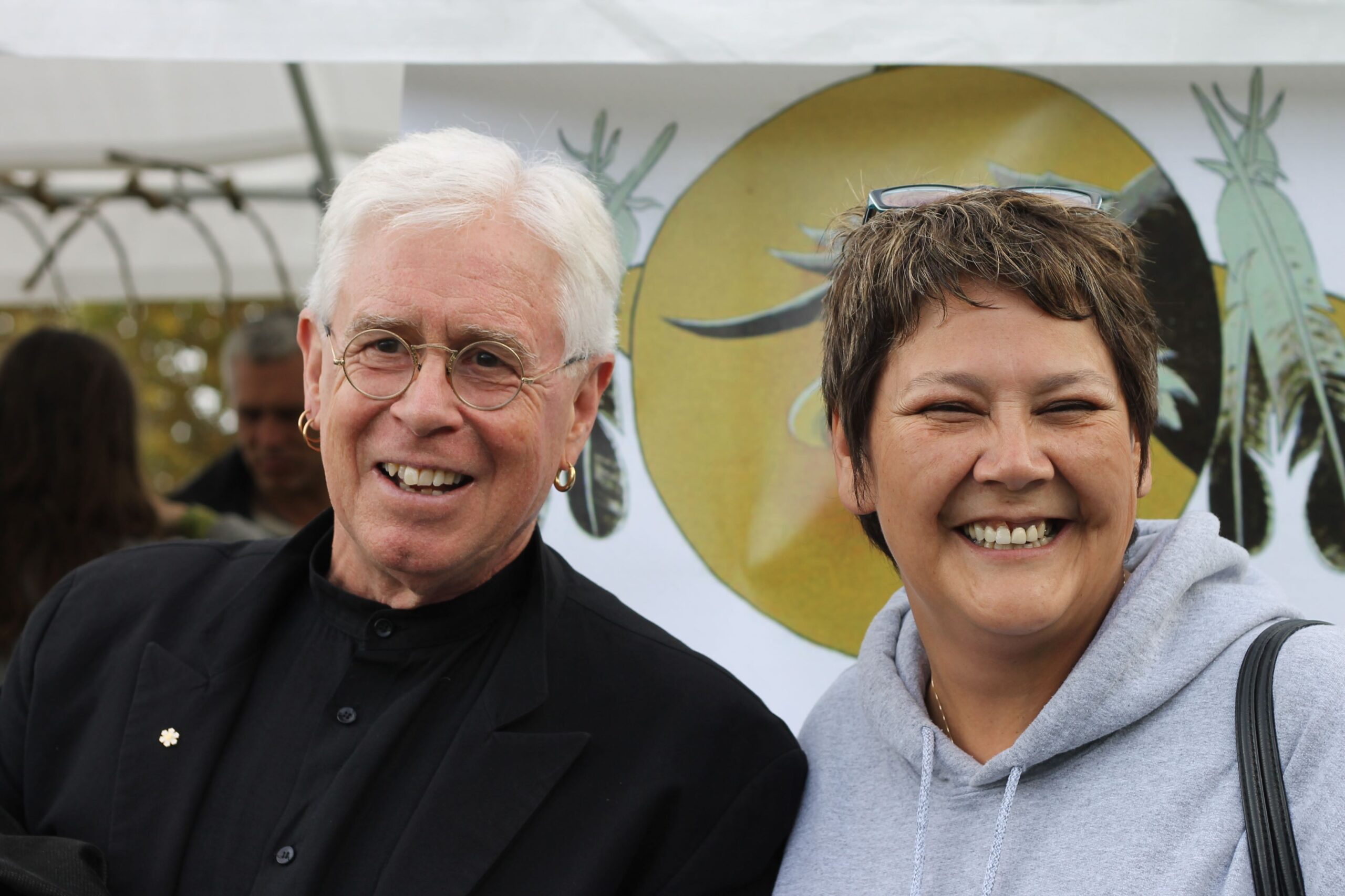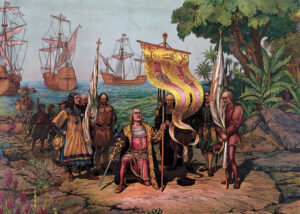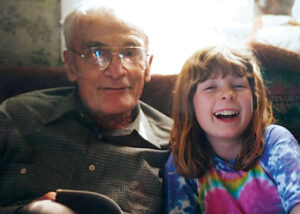Last Friday, Cathy Merrick, Grand Chief of the Assembly of Manitoba Chiefs, collapsed while speaking to reporters outside the Law Courts building in Winnipeg. She was taken to hospital but did not survive. She was 62.
Prior to serving as Grand Chief, Merrick was Executive Council member and then Chief of Pimicikamak Okimawin, the Cree nation based at Cross Lake in Northern Manitoba.
Merrick’s loss is felt by a great many, surely most acutely by family. In a unique intermingling of stories, dating back decades, that family includes Mennonites.
Merrick’s life intersected with Mennonites at other points as well. In that mix, I had the privilege of working with her for two periods of time. But the story goes back much further.
Merrick’s grandmother, Madeline McKay, was closely involved with the Mennonite church that was started in Cross Lake through the work of Otto and Margaret Hamm. The Hamms lived in Cross Lake–located an eight-hour drive north of Winnipeg–from 1956 to 1966, working with Mennonite Pioneer Mission. McKay became a key person in the church and for the Hamm family.
Wes Hamm, son of Otto and Margaret, recalls that Madeline McKay was the adult he saw the most, other than his parents, during his childhood in Cross Lake.
In 1965, McKay asked if the Hamm family could take in her granddaughter Cathy for a time. This sort of arrangement was, and is, common in many Indigenous communities. If a family needs assistance, relatives or, on occasion, friends step in to care for children. Broader kinship ties supersede the concept of a nuclear family. And thus, the Hamm family and the McKay family became intertwined.
Young Cathy lived with the Hamm family on-and-off for a couple years, arriving as a three-year-old. When the Hamms moved back to Southern Manitoba, Cathy joined them there too for a time, though eventually she returned to Cross Lake.
The Hamm family stayed in touch with Cathy, who married Todd Merrick, over the years, to varying extents at varying times, though increasingly in the past decade or two. While Margaret Hamm passed away in 2015 and her husband Otto in 2022, their kids and grandkids kept up the unique connection.
Wes Hamm, who attends Emmanuel Mennonite Church in Winkler, Manitoba, speaks with much admiration and affection about Cathy. “Hearing her say ‘brother’ always warmed my heart,” he says. In addition to his own grief, he says, “I’m also grieving the loss to her people. She was a special leader, and the tributes come from much farther away than I imagined.”
At the invitation of the Merrick family, Wes and other Hamm family members were part of events in Winnipeg to commemorate Cathy. Wes speaks highly of her accomplishments for her people and her great skill as a diplomat.
Merrick also brought her skills and capacity to her interaction with the broader Mennonite community, including interaction with church representatives at events related to the “Search the Landfill” campaign in Manitoba in recent years.
Further back, ecumenical advocacy related to the impacts of northern hydropower projects brought Mennonites, including me, into contact with Merrick and her colleagues. I worked in Cross Lake when Merrick was an executive council member of the Pimicikamak government, a post she held for 12 years, starting in 2001.
I again worked for Pimicikamak in 2014 when Merrick was chief there. I particularly recall working with her in preparation for the visit of then-premier Greg Selinger who visited Cross Lake to deliver an official apology to Indigenous people affected by hydroelectric projects. Merrick’s dignified, warm and resolute way of carrying herself in that context was notable.
I also recall fondly working with Merrick on a joint action with Shoal Lake 40 First Nation at the opening of the Canadian Museum for Human Rights in Winnipeg. This included a chance for her to meet legendary singer Bruce Cockburn (pictured) and a joint op-ed with Shoal Lake Chief Erwin Redsky that was published by The Globe and Mail (“New museum a monument to hypocrisy,” September 25, 2014).
While gracious in character, Chief Merrick was also bold in standing up for her people.
Merrick had a warmth of spirit that inclined people to her. She combined that with the savvy and strength of a seasoned leader.
Her unique ties to the Mennonite community make it all the more appropriate that we join many others in acknowledging her death and honouring her memory.
I give thanks for her life and ask for divine solace for all who feel her loss.









Leave a Reply
You must be logged in to post a comment.